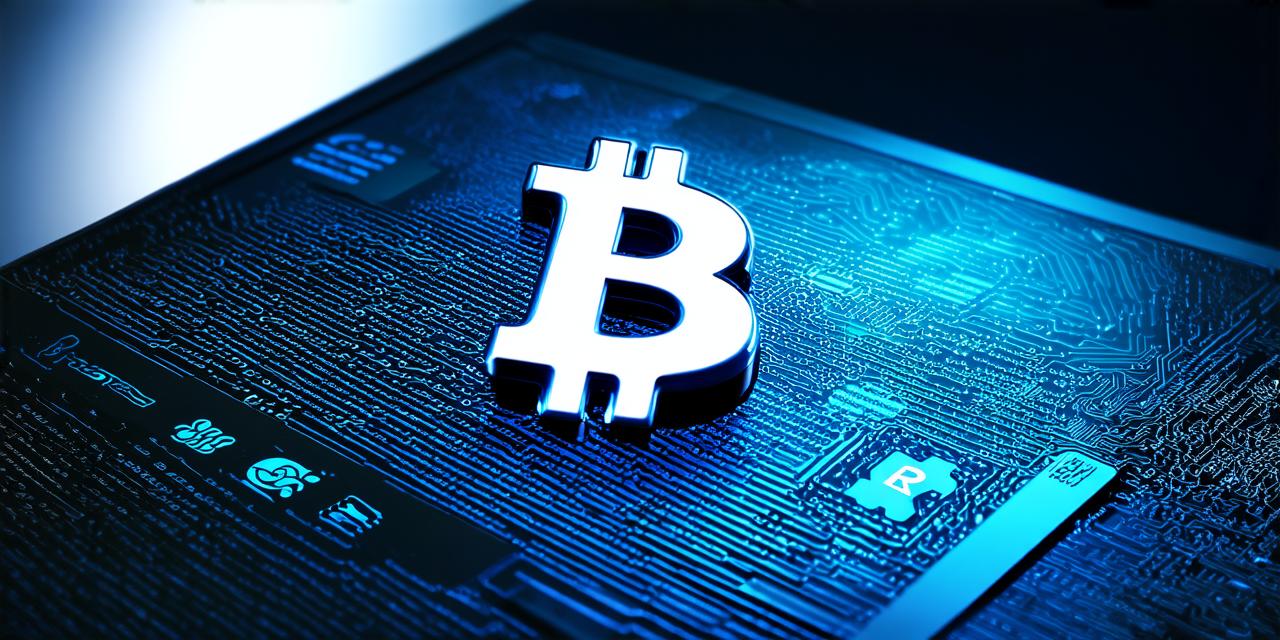Cryptocurrencies Have Grown in Popularity Over the Years, and More People Are Investing in Them Every Day
However, one of the most common concerns among cryptocurrency investors is the security of their wallets. In this article, we will explore the topic of cryptocurrency wallet security and examine some of the key factors that determine the safety of your digital assets.
What is a Cryptocurrency Wallet?
A cryptocurrency wallet is a software program or hardware device that allows users to securely store their digital currencies. A cryptocurrency wallet can be divided into two main categories: hot and cold wallets.
Hot Wallets
Hot wallets are online wallets that are accessible via the internet, which allows users to access their digital currencies quickly and easily. However, they are also more vulnerable to attacks because they are connected to the internet.
Cold Wallets
Cold wallets provide an extra layer of security because they are not connected to the internet, which makes them less vulnerable to hacking attempts.
Factors that Determine Wallet Security
There are several factors that determine the security of your cryptocurrency wallet. These include:

- Encryption
- Two-Factor Authentication
- Backup
- Security Audits
- Cold Storage
Encryption
Encryption is a crucial factor in ensuring the security of your digital currencies. It involves scrambling the data stored in your wallet so that it cannot be accessed by unauthorized individuals. Strong encryption algorithms can make it much more difficult for hackers to steal your digital currencies.
Two-Factor Authentication
Two-factor authentication is another important security feature that can help protect your cryptocurrency wallet. It involves using two different methods to verify your identity before you can access your digital currencies. For example, you might need to enter a password and then use a fingerprint scanner or a one-time code sent to your phone.
Backup
It’s essential to have a backup plan in place in case your cryptocurrency wallet is compromised. This can involve backing up your wallet data to an external hard drive or using a cloud storage service to store your digital currencies securely.
Security Audits
Regular security audits are also important for ensuring the safety of your cryptocurrency wallet. These audits involve reviewing the code of your wallet software to identify any vulnerabilities that could be exploited by hackers. By conducting regular security audits, you can proactively address any potential issues before they become a problem.
Cold Storage
As mentioned earlier, cold storage is an effective way to secure your digital currencies. By storing your cryptocurrencies offline, you reduce the risk of them being stolen by hackers. However, it’s important to note that cold storage is not without its risks. For example, if you lose access to your cold storage device, you may not be able to recover your digital currencies.
Real-Life Examples of Wallet Security Breaches
While cryptocurrency wallets are generally secure, there have been some high-profile breaches in the past. One notable example is the Mt. Gox hack in 2014, which resulted in the theft of over 850,000 bitcoins. The attackers were able to exploit a vulnerability in the wallet software, which allowed them to steal the digital currencies stored on the exchange.
Another example is the DAO hack in 2016, which resulted in the theft of over $50 million in ether. The attackers were able to exploit a vulnerability in the smart contract used by the decentralized autonomous organization (DAO), which allowed them to steal the digital currencies stored on the platform.



